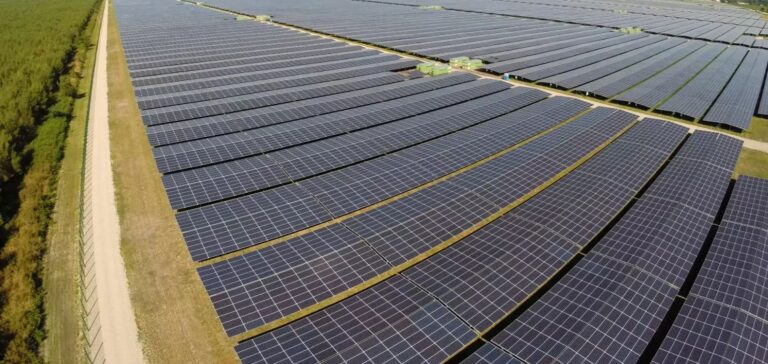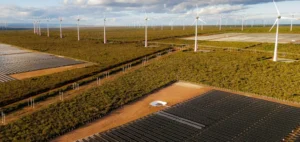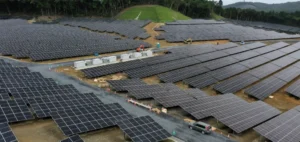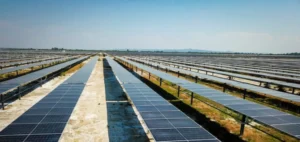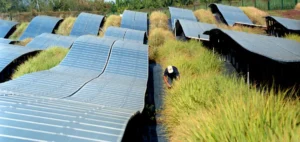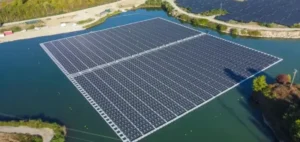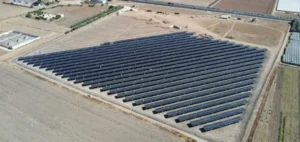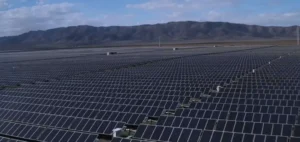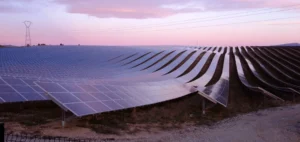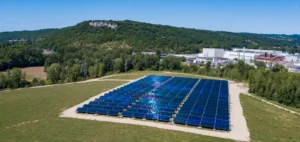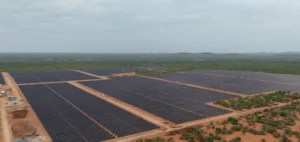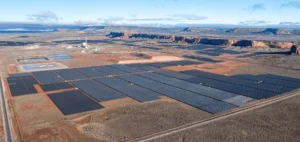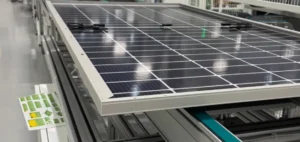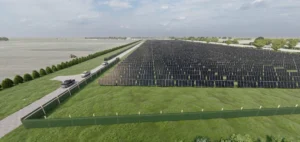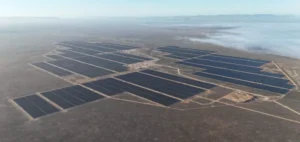Cuba has taken a significant step by inaugurating the first photovoltaic solar park of an ambitious national project designed to modernise its power grid. This development comes as the country faces frequent power cuts due to obsolete thermal power plants and a decline in oil imports from Venezuela.
A strategic partnership with China
The Cuban government plans to build 55 solar parks by the end of the year, with a total capacity of 1,200 megawatts (MW). This project is being carried out in collaboration with China, which is supplying the necessary technology. Hangzhou Duojia Technology, a Chinese company specialising in solar technologies, has already shipped solar panels and lithium batteries to Cuba to support this initiative.
Long-term renewable energy targets
By 2028, Cuba aims to increase its solar power capacity to 2,000 MW, which would raise the share of renewable energy in the national energy mix to 37%. Currently, renewable sources account for less than 5% of the country’s electricity production, with the rest largely supplied by fossil fuel-based power plants.
Economic and infrastructure challenges
The implementation of this project comes at a difficult economic time for Cuba. In March 2024, the government increased fuel prices fivefold, severely affecting household purchasing power. Additionally, public investments in critical infrastructure remain limited due to budget constraints, and U.S. sanctions continue to hinder foreign investments.
Decline in Venezuelan oil imports
Cuba’s dependence on imported oil, particularly from Venezuela, has been severely impacted in recent years. In 2024, Venezuelan oil exports to Cuba dropped to approximately 32,000 barrels per day, down from 56,000 barrels per day the previous year. This decline has exacerbated the island’s energy problems, making the transition to renewable energy even more crucial.
Outlook for Cuba’s energy sector
The inauguration of this first solar park marks a significant milestone in Cuba’s efforts to diversify its energy sources and reduce its reliance on imported fossil fuels. However, the success of this project will depend on the country’s ability to overcome economic and infrastructure challenges and attract the necessary investments to modernise its power grid.


